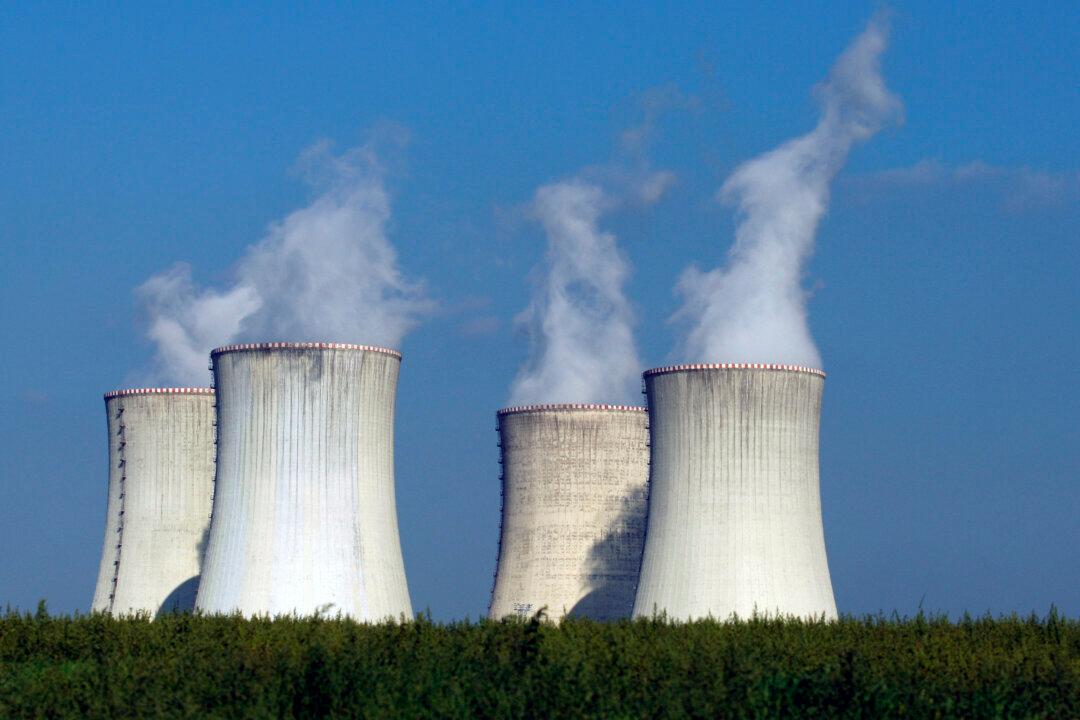PRAGUE—Three energy companies including U.S. Westinghouse, France’s EdF, and Korea’s KHNP will by vying to build the Czech Republic’s newest reactor at the Dukovany nuclear power station, authorities said Wednesday, as the country strives to become more energy independent and wean itself of fossil fuels.
State-controlled power company CEZ says final bids for the contract to build the reactor will be placed at the end of September next year and a winner announced in 2024. The new reactor should become operational by 2036.





